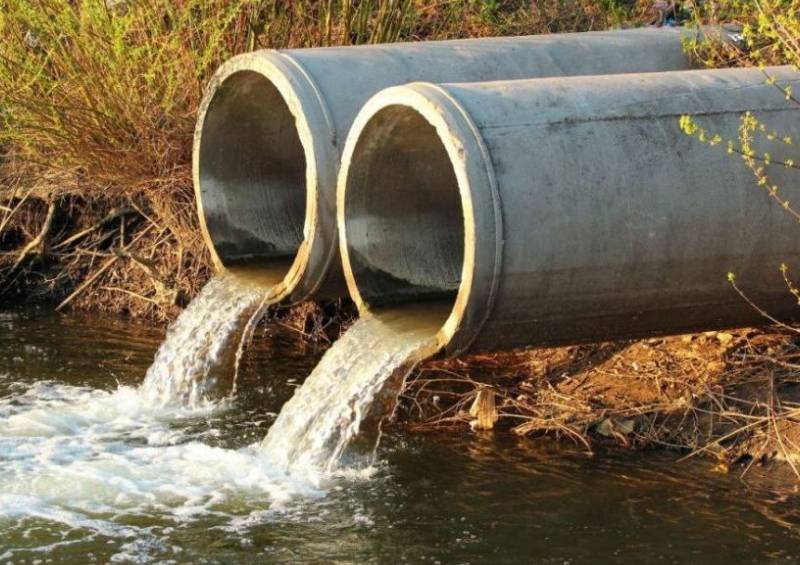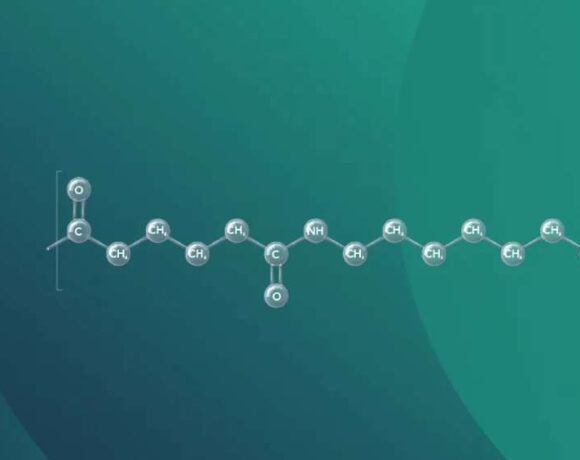Circular Technology To Help Reduce Textile Effluent Pollution

The University of Coimbra (UC) in Portugal in partnership with the Indian Institute of Technology in Madras (IIT Madras) is developing a circular technology that could reduce textile industry pollution.
The team is developing a technology that makes it possible to recover and reuse the water, dyes and additives that make up the contaminated effluent as many times as possible within a circular economy concept.
The two teams which include around 24 researchers are developing the ‘CirRe-Dyeing’ project, funded by the Foundation for Science and Technology (FCT).
In a press note, the UC explained that this project aims to create a circular platform that allows the dyes used in fibre and fabric dyeing processes to be reused, as well as the water present in the effluents.
The technology under development will significantly reduce contaminants in the effluents making it easier to treat water using more conventional processes and thereby reduce associated costs.
“The aim is to enable the industry to reduce its consumption of water, but also of dyes, which, although low cost, have a brutal environmental impact,” said Jorge Pereira, a lecturer at UC.
“The textile industry is currently one of the five biggest polluters in the world, particularly in terms of water consumption. By 2030, textile production is expected to grow by around 145 million tons,” he added.
According to Jorge Pereira, the textile industry is one of the most alarming sectors in terms of water consumption and drought-related problems, which are likely to get worse in the future.
The aim, as per the researcher is to create an environmentally, economically and socially sustainable platform that can be used anywhere in the world and in different industries.















